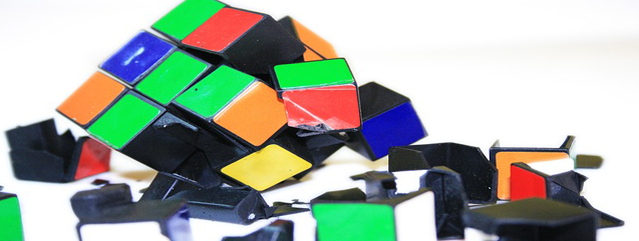Stress and Aging
With the holidays fast approaching, what comes to mind? The scent of pine, fruitcakes, latkes, fasting, the seven principles of Kwanzaa. What about stress? Crowds, too many family gatherings, pressure to buy gifts with money you don’t have – all kinds of stress. Sorry to be a downer, but during this time of year I can’t help but think about the consequences of stress.
Though it’s an act of survival, meaning we either flee from or fight against harm, stress also speeds up the aging process. It wreaks havoc on the brain, heart, skin, and more. Of course, if we think about aging long enough, and what might happen as we age, we become stressed. Many of the older people I met during my stint as a wellness nurse for the aging population used to caution me, “Don’t get old, it’s no fun.” So aging itself causes stress. Michael Verano, a therapist who writes and speaks a lot about stress, and calls himself a “stress therapist,” calls this the “chicken and the egg scenario.” In other words, what comes first, stress as a result of aging, or aging as a result of stress?
Verano also asks why seemingly intelligent people “have stress reactions when they know the reaction will have no impact on the situation?” For me, I know, intellectually, that there is no reason to worry about the negative outcomes that might occur in advance of, say, a lecture about writing I’m giving a week from now. My imagination has a way of coming up with the all kinds of dire scenarios: What if I forget my notes? What if I bore the audience and everyone falls asleep? What if someone says I don’t know what I’m talking about? What if, what if? So, mentally, and emotionally, I worry.
Maybe my worrying is how I cope? Is it how you cope? Verano suggests that most of us believe stress is a coping mechanism, and he has gathered a list of statements to support that exact sentiment. For example, expecting that something bad will happen helps reduce the emotional pain if that negative outcome does occur. With this in mind, Verano came up with ideas to counter-act what he calls a “sea of stress.” My favorite one is putting a time limit on stress reactions. Verano encourages us to set a timer for, say, fifteen minutes, and freak out. But he cautions us not to do so around expensive items, or in public places. If we did, then we might really have something to stress out about.
Now that I’ve pressed you to think about your own stress level and, therefore, have most likely made you stressed, I hope this post helps.
Happy holidays!


Recent Comments